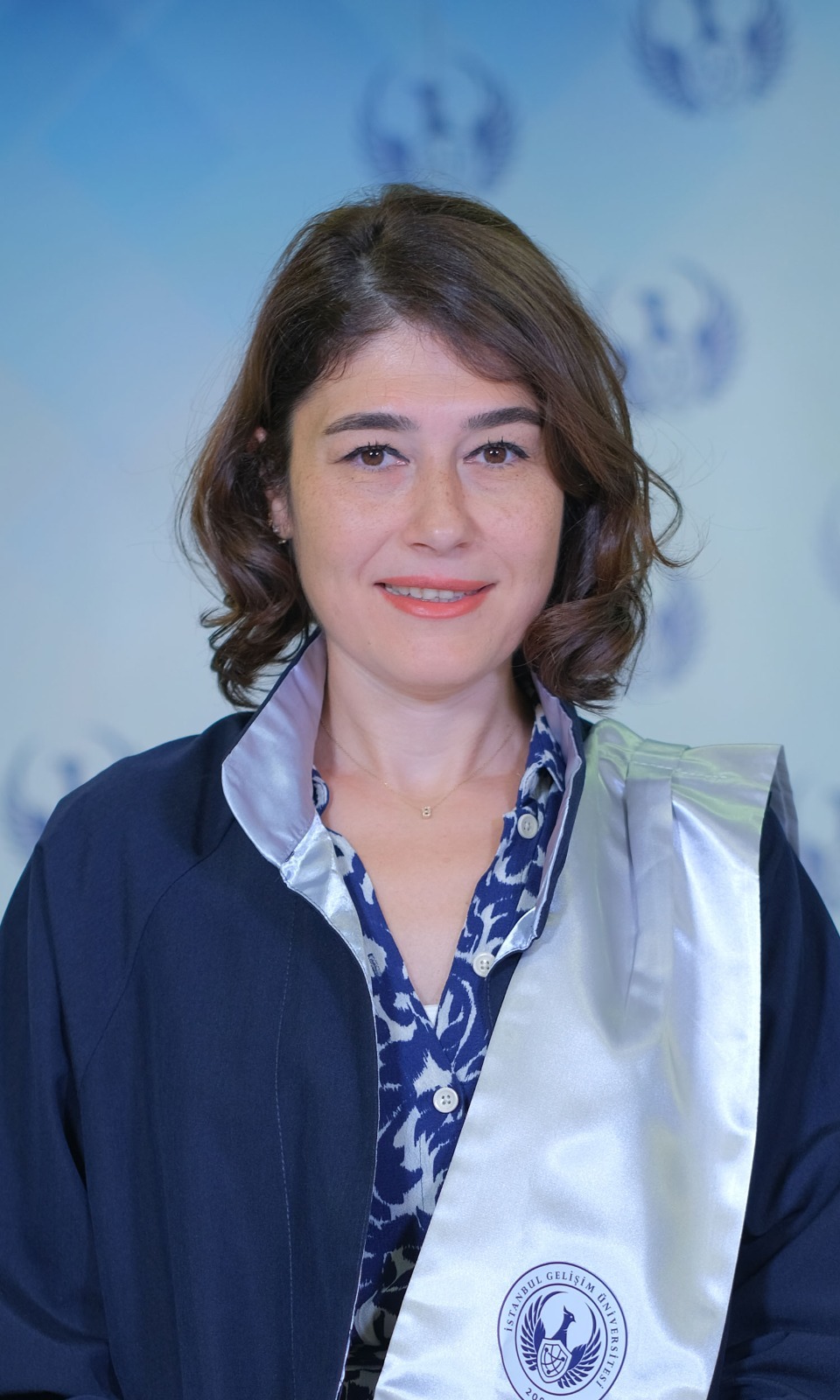Television Still Leads: Despite Digitalization, Trust and Habits Keep Traditional Media Alive!
The results of RTÜK’s “Medyametre Media Usage Habits Research-2024” reveal that although a significant transformation is taking place in media consumption in Turkey, television still maintains its strong position. Asst. Prof. Aysun Kaya Deniz, faculty member at Istanbul Gelisim University, Faculty of Economics, Administrative and Social Sciences, Department of Radio, Television and Cinema, emphasizes that television’s place in society is not only a matter of habit but also one of trust.
“Television Remains the Most Reliable Source of Information in Daily Life”
According to Asst. Prof. Aysun Kaya Deniz, television continues to be “an easily accessible and reliable medium that is integrated into daily life,” especially for middle-aged and older individuals. She states that the flow of unverified information on digital platforms increases the value of television’s institutional structure and adds:
“Content broadcast on television still shapes the public agenda. These contents go through professional oversight and are accepted by target audiences as ‘official and verified information.’ On digital platforms, however, fake accounts and unverified content increase information pollution. This situation keeps trust in traditional media alive.”
Emphasizing that digitalization is rising rapidly but that television still holds a central position among broad age groups, Asst. Prof. Deniz suggests that the balance between television and digital media may shift in the coming years, although this transformation will be gradual.
“Why the 65+ Population Avoids Digital Media: Cultural and Technological Adaptation Gap”
The research shows that individuals aged 65 and above spend an average of 5 hours a day watching television. Asst. Prof. Deniz explains this with the digital gap between generations:
“For young people born into the digital age, social media is a natural living space. But for those aged 65 and older, digital media is often perceived as complex, dangerous, and unreliable. Having grown up in an era dominated by traditional media, television remains a safe, familiar, and low-risk medium for this generation.”
According to Asst. Prof. Deniz, this situation is not only related to technology but also linked to collective memory, habits, and a culture of trust.
Young People on Social Media: “Access to Information Is Faster, but the Need for Verification Has Increased”
Another striking finding of the research is that younger age groups use social media for more than 4 hours a day. Asst. Prof. Deniz explains that young people’s news consumption habits have radically changed, making verification processes more crucial for them:
“Social media has transformed users from passive viewers into active content participants; meanwhile, young people are exposed to information—often unintentionally—through algorithms. While this accelerates access to information, it also increases information pollution. Individuals with strong digital literacy can partially manage these risks, but exposure to unverified content remains a significant problem for young people. Therefore, this transformation has made verification processes increasingly critical for younger generations.”
“Television Content Is Transforming to Compete with Digital Platforms”
The rise in subscriptions to on-demand platforms such as Netflix and BluTV directly influences traditional television broadcasting. Asst. Prof. Deniz evaluates this impact as follows:
“With the widespread use of smart TVs, accessing on-demand content has become easier, and these platforms have won viewers’ admiration with high-quality, original productions. This has encouraged television channels to produce higher-quality, shorter-season, and more innovative content.”
She also notes that television channels are creating digital archives to offer time-independent content, making traditional broadcasting more flexible.
The Future of Media Consumption in Türkiye: “Digitalization Will Increase, but Traditional Media Won’t Disappear”
According to Asst. Prof. Deniz, media consumption habits in Turkey will move rapidly toward digitalization in the next 5–10 years, but this does not mean that traditional media will vanish:
“Digitalization is permeating all aspects of life, but a complete integration of traditional media tools—such as television—into digital is not likely in the short term. While younger generations consume predominantly digital content, television continues to be the strongest reference point for middle-aged and older generations.”
For this reason, Asst. Prof. Deniz states that Turkey’s media ecosystem is evolving into a hybrid structure, with traditional and digital media coexisting.
“Türkiye’s Media Ecosystem Is Becoming Hybrid”
Asst. Prof. Aysun Kaya Deniz concludes that the research data show that media in Turkey is not fully digitalizing but instead progressing toward a hybrid structure where the two mediums interact:
“Digitalization is a strong trend, but traditional media continues to exist. The real transformation will occur in the new media order shaped by the coexistence of both.”
The RTÜK research results reveal that media consumption habits in Turkey are undergoing a multidimensional transformation driven by technology and intergenerational differences. Traditional media remains strong; digital media is rising rapidly. How these two areas will strike a balance will be one of the most critical media debates in the coming years.

 Created Date: : Friday, November 21, 2025
Created Date: : Friday, November 21, 2025

 Created Date: : Friday, November 21, 2025
Created Date: : Friday, November 21, 2025







